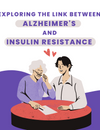No products in the cart.

Fat Can Affect the Brain Depending on Where It Is Located
Posted by: Didrik Sopler, Ph.D., L.Ac.
Study reveals belly fat's impact on brain health, especially in men. Higher liver and pancreatic fat linked to reduced gray matter and cognitive function.
Read more
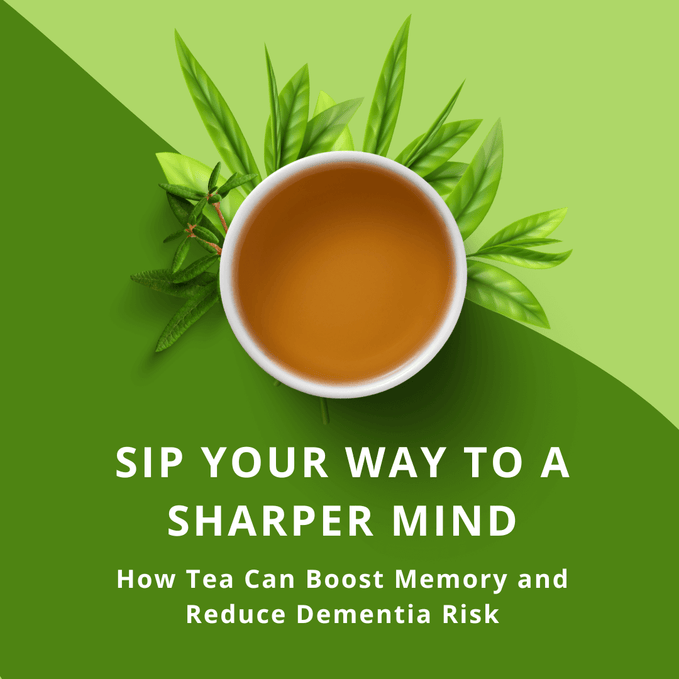
What Can Tea Do for Your Memory?
Posted by: Didrik Sopler, Ph.D., L.Ac.
A comprehensive study reveals regular tea consumption can lower the risk of dementia and Alzheimer's, offering a simple, enjoyable way to protect your mind as you age.
Read more
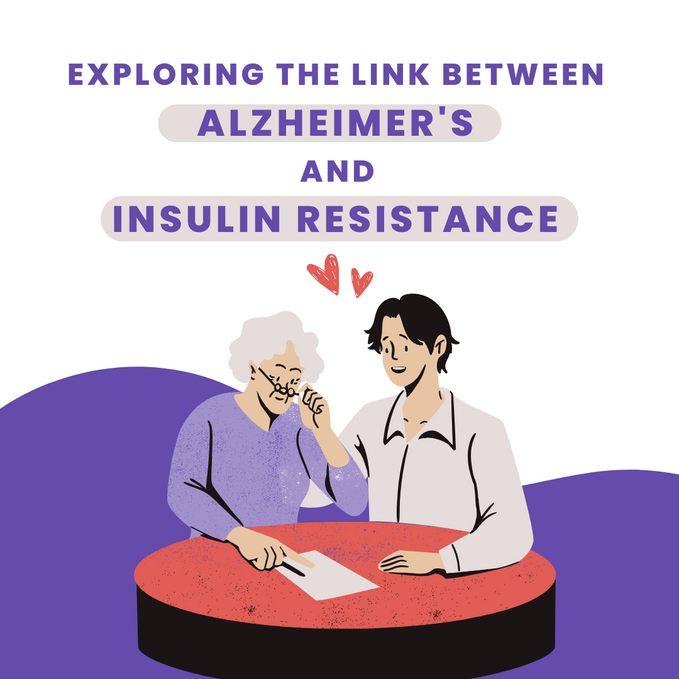
Insulin Resistance, Alzheimer’s and Neurodegeneration
Posted by: Didrik Sopler, Ph.D., L.Ac.
A recent study shows that for those with Alzheimer's disease but without diabetes, insulin resistance might worsen Alzheimer’s by affecting brain glucose metabolism and brain volume.
Read more
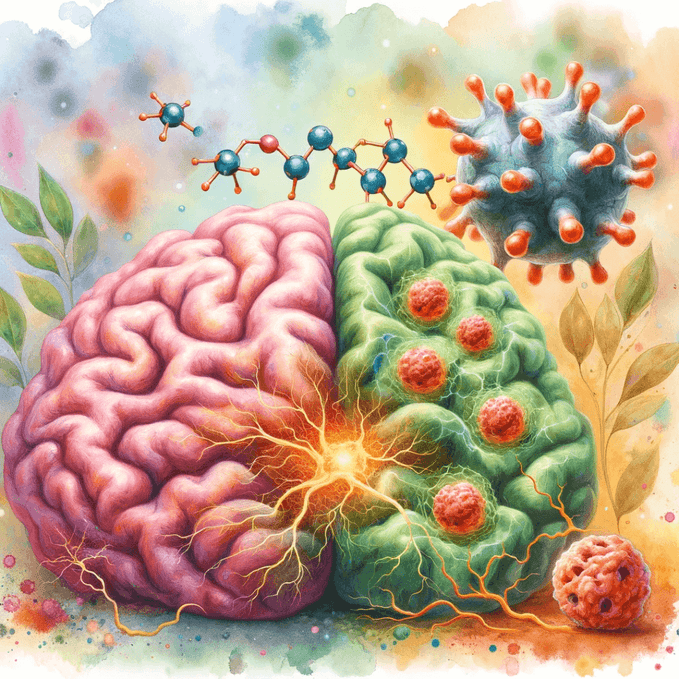
Can Berberine Offer Protection From Alzheimer’s Disease?
Posted by: Didrik Sopler, Ph.D., L.Ac.
Berberine may offer protection from Alzheimer's by preserving mitochondrial health and preventing brain cell damage caused by amyloid-beta.
Read more

" More Research Supports the Importance of Exercise"
Posted by: Didrik Sopler, Ph.D., L.Ac.
A study using data from the UK Biobank suggested a potential link between lean body mass and a lower risk of Alzheimer's disease.
By using genetic data from over 450,000 Biobank participants, scientists found that a genetically determined increase in lean mass correlated with a 12% reduced Alzheimer's risk.

Research on this plant ingredient has shown impressive results.
Posted by: Didrik Sopler, Ph.D., L.Ac.
Continued research on Berberine
Read more
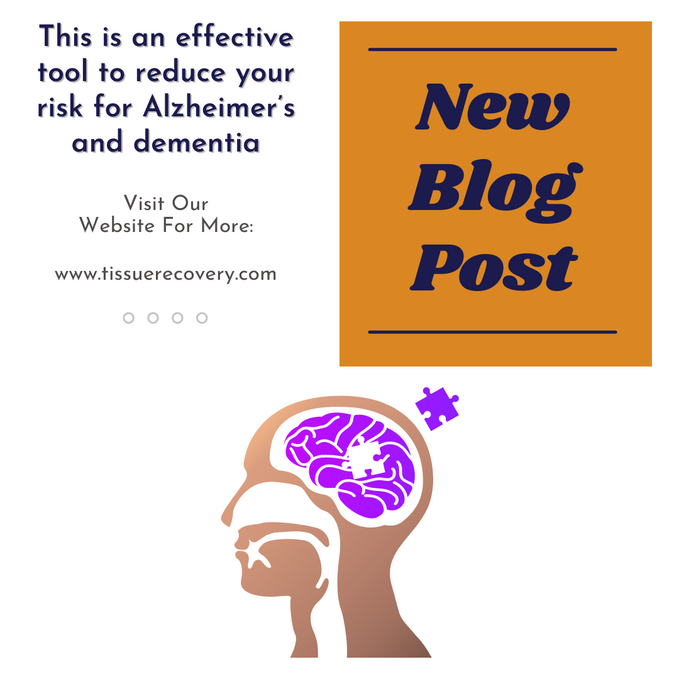
This is an effective tool to reduce your risk for Alzheimer’s and dementia.
Posted by: Didrik Sopler, Ph.D., L.Ac.
This study included 2,315 healthy men between the age of 42 and 60 years (Laukkanen T, et. al., 2017). The researchers investigated whether frequency of sauna bathing is associated with the risk of dementia and Alzheimer's disease. The sauna they used was a traditional Finish sauna. The results showed that...
Read more
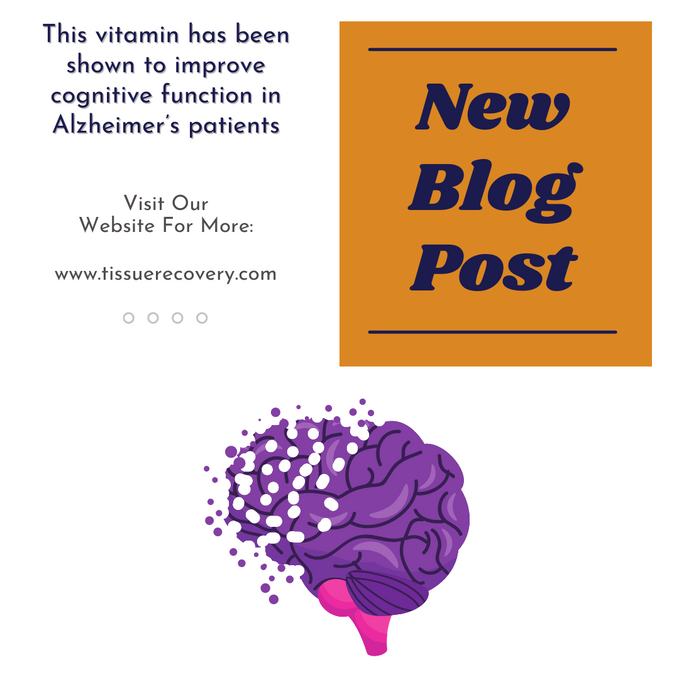
This vitamin has been shown to improve cognitive function in Alzheimer’s patients.
Posted by: Didrik Sopler, Ph.D., L.Ac.
This study investigated the effect of a 12-month vitamin D supplementation on cognitive function and amyloid beta (Aβ)-related biomarkers in patients with Alzheimer's disease (Jia J, et.al., 2019). The research was randomized, double-blind, and placebo controlled. 210 patients were divided into either a treatment group which took 800 IU of...
Read more
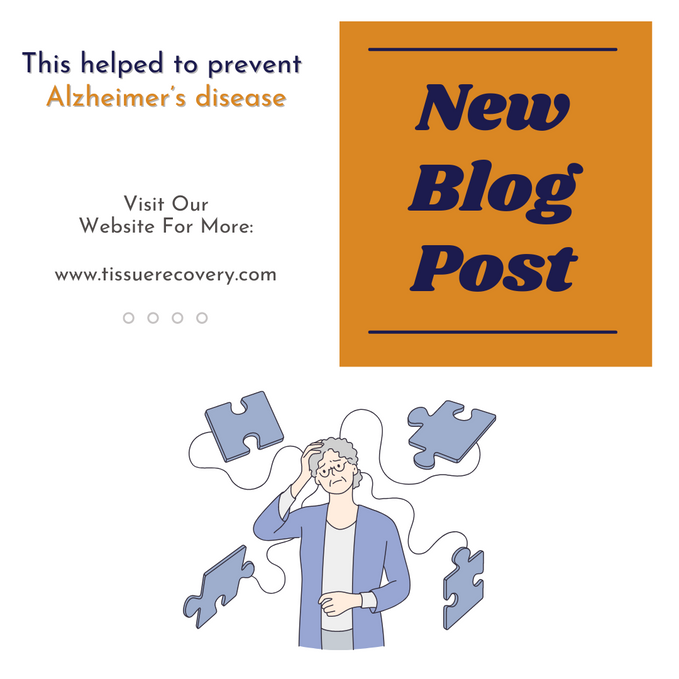
This helped to prevent Alzheimer’s disease
Posted by: Didrik Sopler, Ph.D., L.Ac.
In this study which included 1490 dementia-free participants aged 65 years old or older, the researchers examined the association of the amount of DHA in red blood cell and the incident of Alzheimer’s disease (Sala-Vila A, et.al., 2022). DHA is one of the omega 3 fatty acids found in fish...
Read more

Oxidative stress plays a major role in Alzheimer's disease. How to protect yourself.
Posted by: Didrik Sopler, Ph.D., L.Ac.
The following study scanned 39 healthy old participants, 22 with mild cognitive impairment, and 37 Alzheimer’s patients for hippocampal glutathione levels (Shulka D, et.al., 2021). The hippocampus is an area of the brain. The researchers found significant glutathione depletion in the left and right hippocampus among the groups with...
Read more
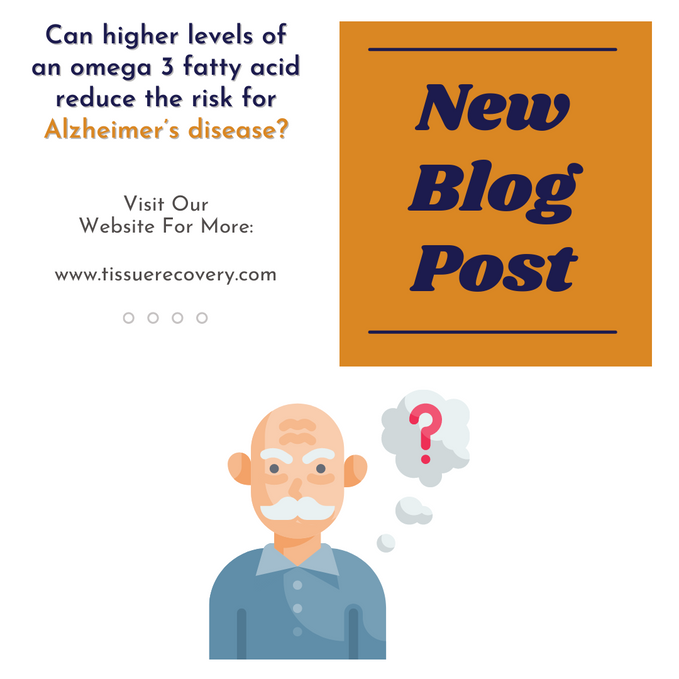
Can higher levels of an omega 3 fatty acid reduce the risk for Alzheimer’s disease?
Posted by: Didrik Sopler, Ph.D., L.Ac.
In this study the researchers measured blood cell (RBC) status of DHA which is an objective measure of long-term dietary DHA intake (Sala Vila A, et al. 2022). DHA is one of the omega 3 fatty acids. They also examined the association of RBC DHA as it related to Alzheimer’s...
Read more
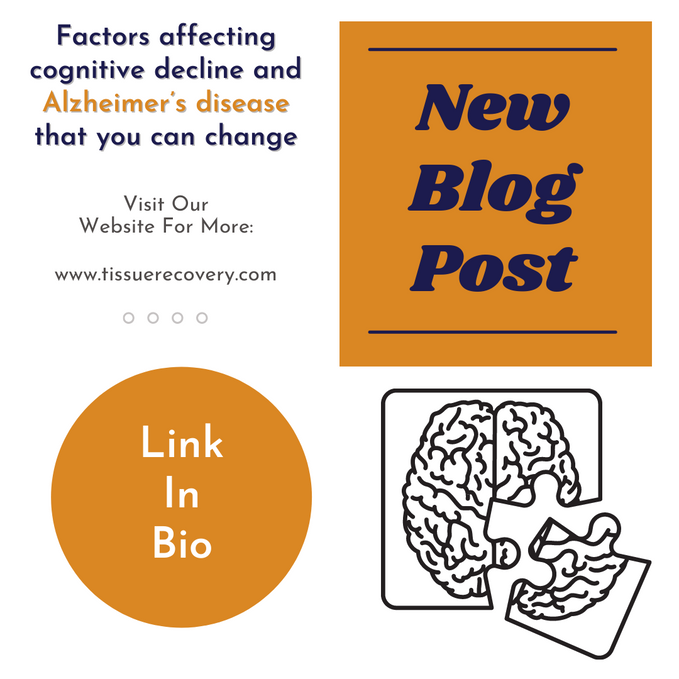
Factors affecting cognitive decline and Alzheimer’s disease that you can change.
Posted by: Didrik Sopler, Ph.D., L.Ac.
Research has found associations between neuroinflammation and oxysterol (oxidated cholesterol) levels on autopsies of the brains of patients who had Alzheimer’s disease (Testa G, et.al., 2016). These results strongly support the association between changes in oxysterol levels and Alzheimer’s disease progression. LDL are the particles that easily get oxidized, and...
Read more
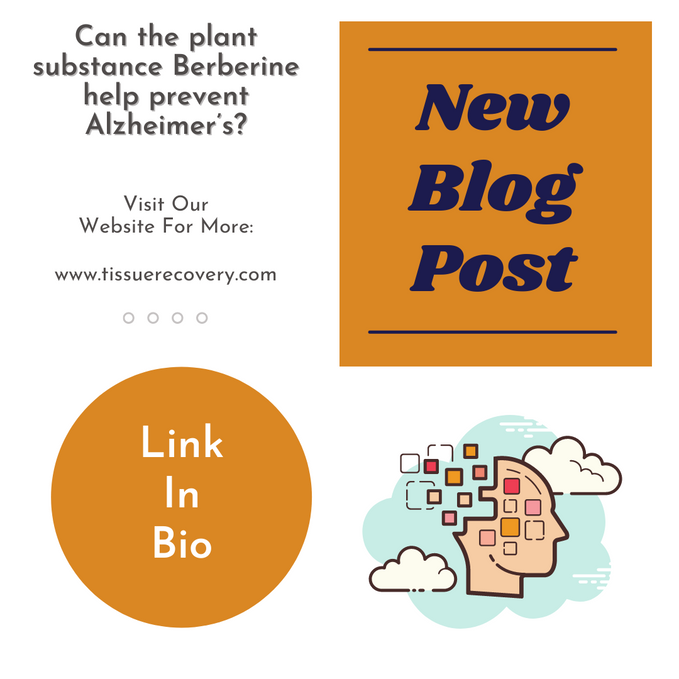
Can the plant substance Berberine help prevent Alzheimer’s?
Posted by: Didrik Sopler, Ph.D., L.Ac.
Berberine has been used extensively in traditional Chinese medicine for the treatment of various diseases, including diabetes and dementia. The following is a laboratory study performed on cells. Since berberine has shown to be neuroprotective, the research was conducted to investigate if berberine could be helpful in treating early stage...
Read more

What can food do for your brain?
Posted by: Didrik Sopler, Ph.D., L.Ac.
Depending on the type of food, you can either get benefits like protection from memory loss, or you may increase your risk for memory loss. For the following study, the researchers investigated the Mediterranean-like diet and how it relates to cognitive function and biomarkers for Alzheimer's disease (Ballarino T,...
Read more

What are the most common risk factors for Alzheimer’s disease?
Posted by: Didrik Sopler, Ph.D., L.Ac.
The following research analyzed 243 observational studies and 153 randomized controlled trials to document ways to prevent Alzheimer’s disease (Yu GT, et al., 2020). The researchers found 10 suggestions with strong evidence. These were the areas: Education, cognitive activity, high body mass index in late life, high homocysteine levels,...
Read more

More tools to keep your nervous system and memory function well.
Posted by: Didrik Sopler, Ph.D., L.Ac.
Advanced glycation end-products are considered potent molecules capable of promoting neuronal cell death and participating in the development of neurodegenerative disorders such as Alzheimer's disease (Bittencourt LS, et al., 2014). Advanced glycation end-products can be formed several ways. Elevated blood glucose can cause the glucose to react with protein...
Read more

Research shows how to reduce neuroinflammation and potentially help prevent Alzheimer’s disease.
Posted by: Didrik Sopler, Ph.D., L.Ac.
Berberine a plant compound has shown several health benefits. The following are some interesting examples of that. Berberine suppresses neuroinflammatory responses through activation of the AMP-activated protein kinase (Lu DY, et al., 2010). AMP-activated protein kinase is an enzyme involved in energy metabolism. Berberine has shown to inhibit proinflammatory...
Read more
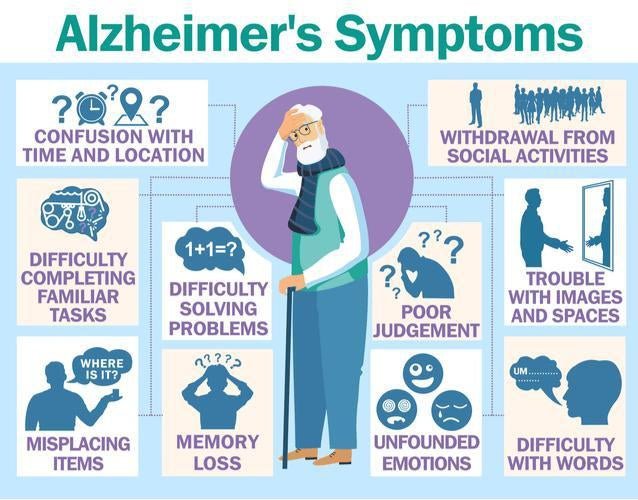
Does reduced circulation in the brain increase the risk for Alzheimer’s disease?
Posted by: Didrik Sopler
Every tissue in the body needs nutrients including the brain and the nervous system.To deliver an optimal amount of nutrients to the tissue, we need a vascular system thatprovide good circulation.Atherosclerosis and stenosis of the vascular system will decrease blood circulation.The following research investigated the impact of intracranial arterial...
Read more
Showing: 1 -18 of 18





